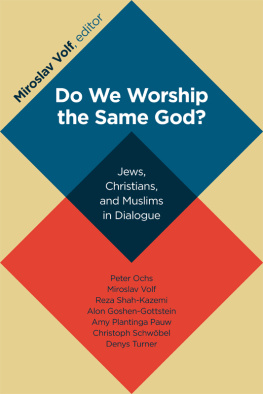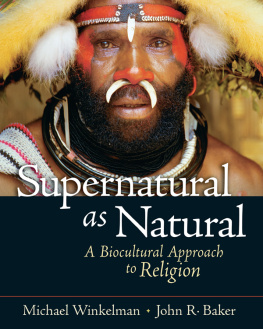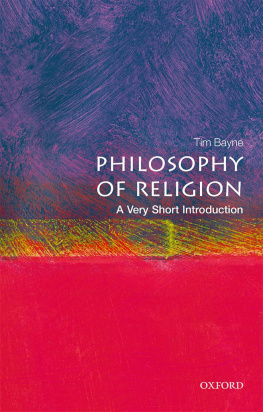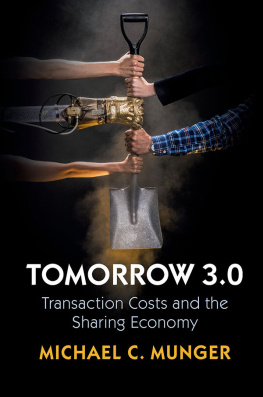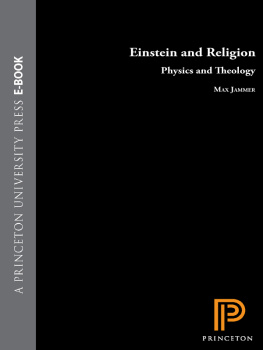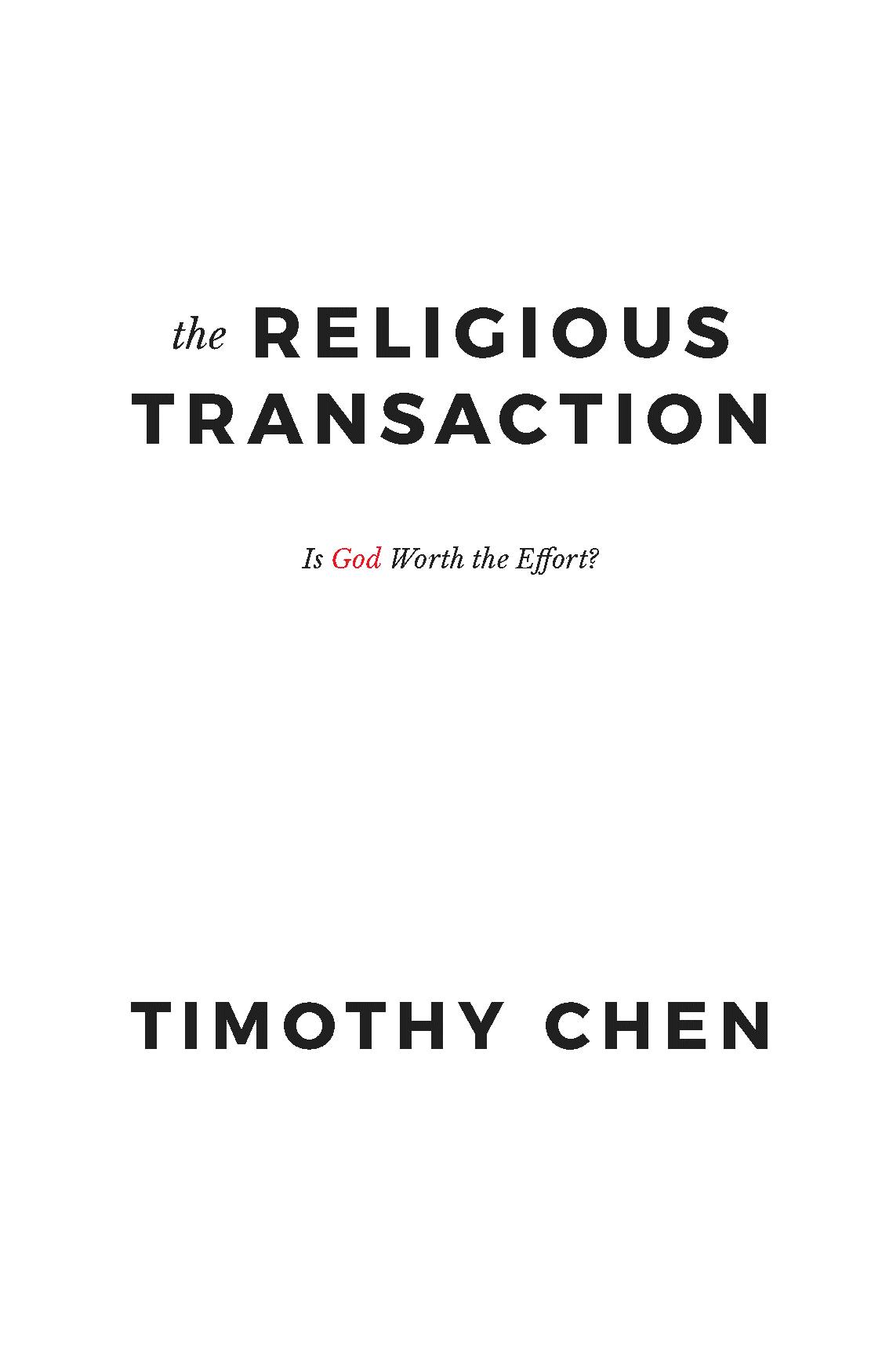All rights reserved. No part of this publication may be reproduced, stored in a retrieval system, stored in a database and/or published in any form or by any means, electronic, mechanical, photocopying, recording or otherwise, without the prior written permission of the author.
Introduction
Religion is a transaction, I remarked.
He paused, as if accepting what I said, but not wanting to fully agree.
It was the spring of 2017, senior year in college. Like senior citizens, college seniors tend to wax philosophical over the friendships they have built over the years. It is a time to reminisce and cherish, a time to ponder and contemplate. And it was at such a time, as the cold Northeastern winter gave way to spring, that our conversation started.
Some friends were less interesting than others, he confessed, and it was harder to maintain these friendships. Of course, he felt guilty for saying that about a friend, but he could not help it. I pointed out that friendships were emotional transactions between two people, each providing emotional fulfillment to the other. He did not need to feel guilty if the transaction did not work out. There was no need to reward loyalty with treachery, but it was not necessary to maintain every friendship at the same level either.
I found this the perfect opportunity to bring up my most recent epiphany on religion.
Think about this: would you still love and worship Jesus if you knew that his death did not guarantee a spot in heaven? What if, instead, worshipping Satan guaranteed a spot in heaven? Would you still worship Jesus?
I still considered myself a Christian then. I read the Bible, went to church, attended Bible study, and joined Christian fellowships. In fact, the very person I was speaking to was part of the same Bible study and fellowship. Like many others in that fellowship, I accepted most of the traditional Christian beliefsBiblical inerrancy, salvation by faith, miracles, prophecies, and resurrection.
But my faith then, in the twilight of my college days, was not the same faith I had started college with. My faith, eroded by years of divine silence, had lost its childlike innocence and become more cynical. Where was God when I struggled with finding my major and career path? I had always been taught that God would guide me, but even as a college senior, I was still unsure of my choices. I was still waiting for my divine confirmation. I was not doing poorly, but I was not doing as well as I had hoped either. Admittedly, it is hard to stand out at an Ivy League college, but knowing this did not help my self-doubt.
Moreover, in the polarized aftermath of the 2016 elections, my increasingly liberal political stances led to growing dissatisfaction with my religious beliefs. The hypocrisy of embracing Christian morals while condemning Sharia law had bothered me for a while. Justice Kennedys poetic closing paragraph in Obergefell v Hodges , reproduced below, awakened my contempt for the Christian opposition to same-sex marriage. When a friend came out a year later, I could not even bring myself to hate the sin but love the sinner. Instead, I could only applaud his decision to live the life he wanted. In the months after, the staunch Christian support for Trump propelled my disgust for Christian morals. By the spring of 2017, my observance of Christian morals had become more reluctant than enthusiastic.
No union is more profound than marriage, for it embodies the highest ideals of love, fidelity, devotion, sacrifice, and family. In forming a marital union, two people become something greater than once they were. As some of the petitioners in these cases demonstrate, marriage embodies a love that may endure even past death. It would misunderstand these men and women to say they disrespect the idea of marriage. Their plea is that they do respect it, respect it so deeply that they seek to find its fulfillment for themselves. Their hope is not to be condemned to live in loneliness, excluded from one of civilization's oldest institutions. They ask for equal dignity in the eyes of the law. The Constitution grants them that right.
- Obergefell v Hodges (2015)
It was against this spiritual backdrop that I continued.
Sure, I might be thankful that Jesus died for me, but I dont love him for that. Its all transactional. I wouldnt spend one second worshipping him if not for the promise of heaven.
Interesting, came the one-word reply.
Like the discussion, my thinking that time ended there. I saw no reason to pursue it further. Church, despite the time commitments, provided me with valuable social contact. Christianity still gave me the certainty of an afterlife. Most importantly, I still believed.
What this book is about
It should be no surprise that my thinking has come a long way since that initial discussion. Forced to revisit the question a year later, I began examining why I was religious. This turbulent journey took me to the roots of my faith, the very beliefs I held dear, and made me confront each of them.
Based on my experiences, this book lays out a framework for viewing religion through a transactional lens. This lens aims to provide you with a new paradigm. Instead of asking if religion is true, this paradigm asks whether it is worth it for you. Like the thousands of philosophers who came before you, you may not be able to decide if religion is true. However, you should find it much easier to decide whether it is worth it for you. It transforms a universal question into a personal one.
Have you always been someone who just went with the flow and practiced religion because everyone you knew was practicing it? Perhaps you have never even given this much thought. After all, philosophers have been debating the truth of religion for thousands of years and have yet to come to a conclusion on this. If so, this book might be for you. It will help you find out whether it is worth paying tithes and spending every Sunday morning at church. If you are a Muslim, it will help you find out whether it is worth paying zakat and spending every Friday afternoon at the mosque.
Have you always assumed that religion confers some benefit or protection? Maybe you are religious because you recall a time when your prayer helped you to land a job or avoid misfortune? Then this book is for you too. It will help you rethink if God (or Allah) was really to thank for that.
Maybe you are already asking whether religion is worth it? Maybe you are weary and tired of religion and have begun asking why you were even religious to begin with? Or maybe you are curious about religion but also wary about becoming religious? This book will also guide you through those questions.
Of course, this book is also open to anyone who is simply curious about a new perspective on religionwhether devout, spiritual, or irreligious. The devout and irreligious can always draw inspiration from a new framework for viewing religion. The spiritual might find the questions and level of skepticism used to evaluate religion useful for evaluating their individual spiritual practice. They might find themselves asking why things have been done in a certain way, and what happens if they are not. This book organizes those reasons (e.g. avoidance of natural disasters as part of the material transaction) for consideration. The spiritual might even find the books individualistic assessment of religion to be reminiscent of and compatible with spiritualitys focus on self-fulfillment.
My goal is to help you better understand the benefits and costs that religion entailsin short, the religious transaction. But ultimately, the final decision of whether to engage in this transaction is up to you. There is no right or wrong answer. Instead, the answer depends on your utility function (to borrow a term from economics). Utility, in this instance, is defined as the pleasure you derive from something. Everyones utility function is different. Some people will derive plenty of joy (utility) from gaming computers, while others derive little or no joy from them. I can only help you understand the utility of religion for yourself, but I cannot decide whether it is worth the cost for you.


